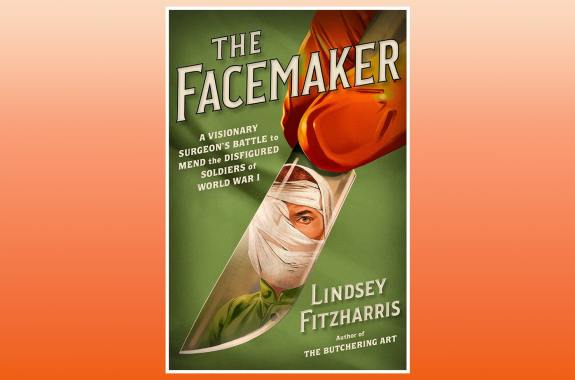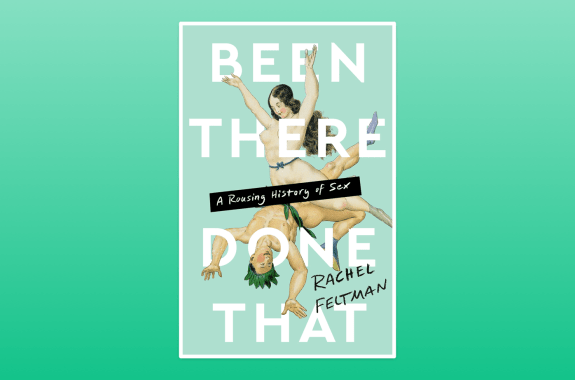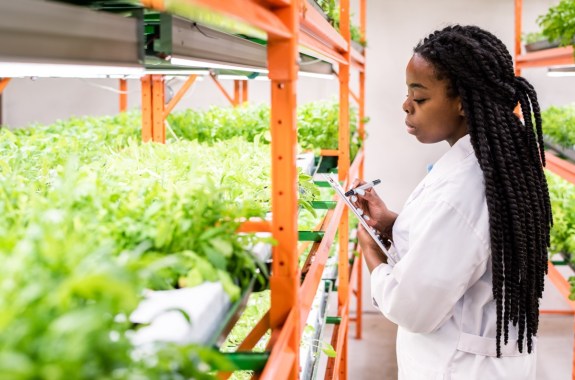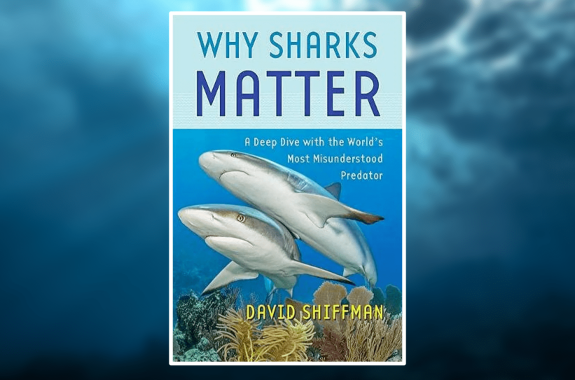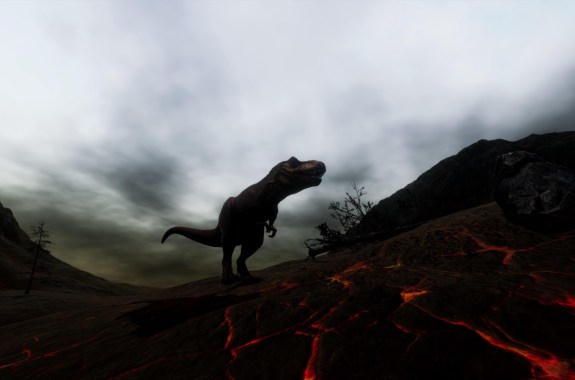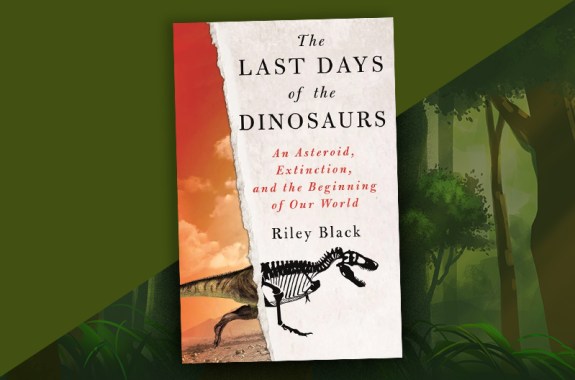World War I’s Operation Face Lift
Medical historian and author Lindsey Fitzharris explores the history of facial reconstruction surgery, starting with a ballerina’s rump.
12:48
So You Think You Know About Sex
A new book, “Been There, Done That: A Rousing History of Sex,” will make you question what you thought you knew about sex.
How Sexual Intercourse Was Invented, 385 Million Years Ago
Okay, but how exactly did sex come about? Science journalist Rachel Feltman dives into the saucy science of doing it.
17:06
Diving Into The Deep World Of Sharks
Many sharks are apex predators, but they aren’t the fearsome threat often depicted. A marine researcher shares his favorite shark facts.
17:02
How Can We Inspire The Next Generation Of Female Scientists?
Co-author and conservation biologist Clare Fiesler on her new children’s book about female researchers and the obstacles they have overcome.
Breaking The Mold Of What A Scientist Looks Like
When Dr. Danielle N. Lee’s dream to become a veterinarian didn’t work out, she learned there were other ways to work with animals in science.
How Sharks’ Amazing Seven Senses Actually Work
Sharks can’t actually smell blood from a mile away. But they do have two more senses than humans, and their sense of detection is legendary.
17:16
What Was It Like To Witness The End Of The Dinosaurs?
A new book chronicles what happened in the minutes, days, weeks, and years after the infamous asteroid hit the Earth.
The Single Worst Day In The Entire History Of Life On Earth
The day the infamous asteroid struck Earth might have been worst than you could imagine. Riley Black writes about that fateful day.
17:12
Indigenous Knowledge Is Central To Climate Solutions
Indigenous scientist and author Jessica Hernandez on what it might mean to heal—rather than conserve—endangered landscapes.
